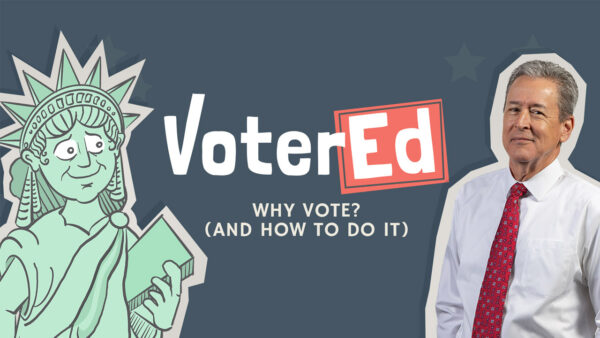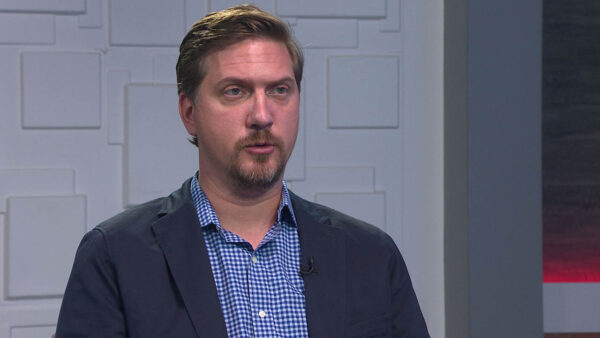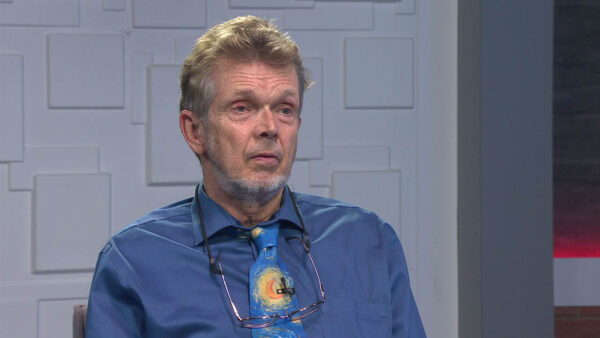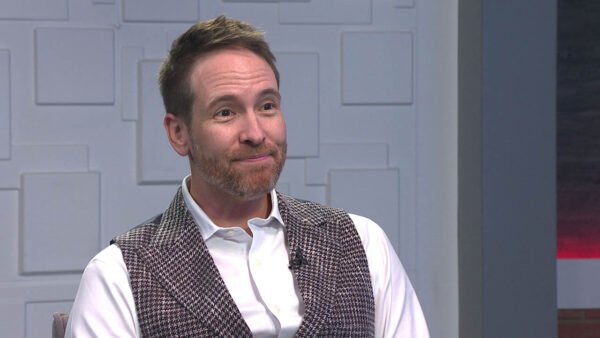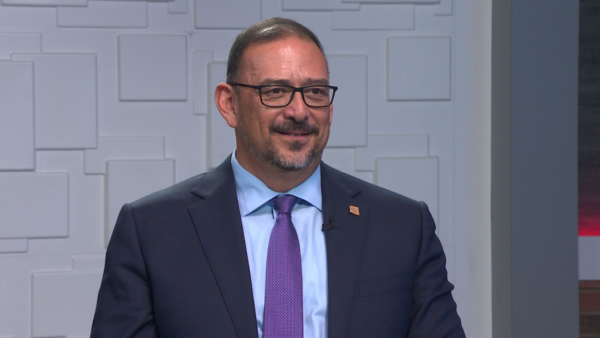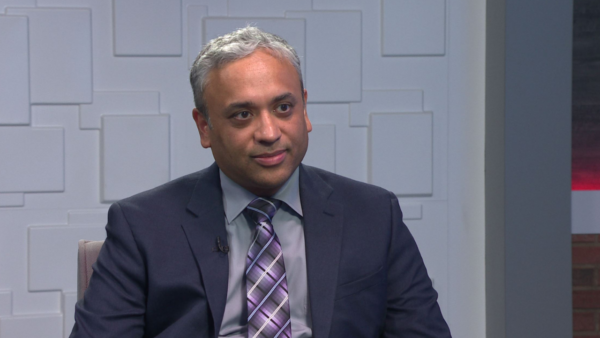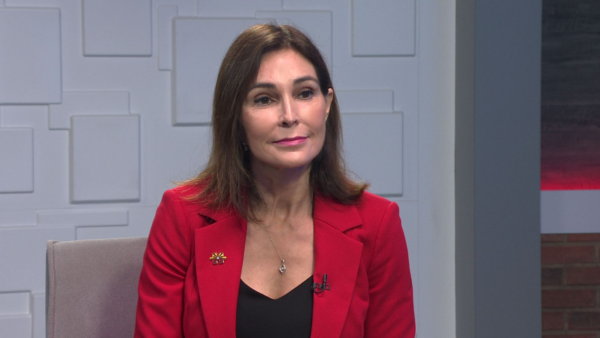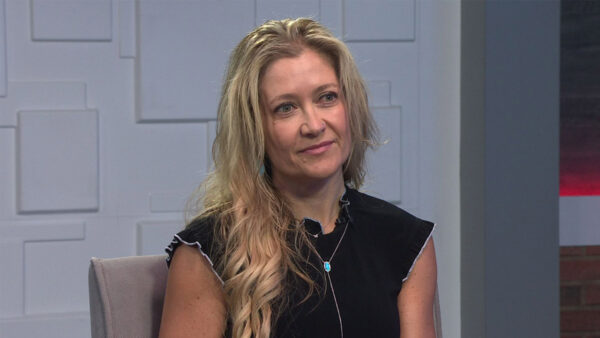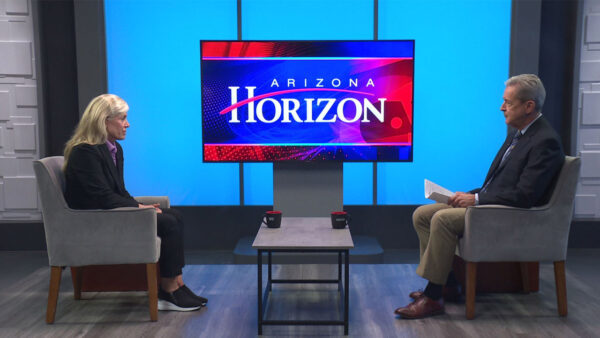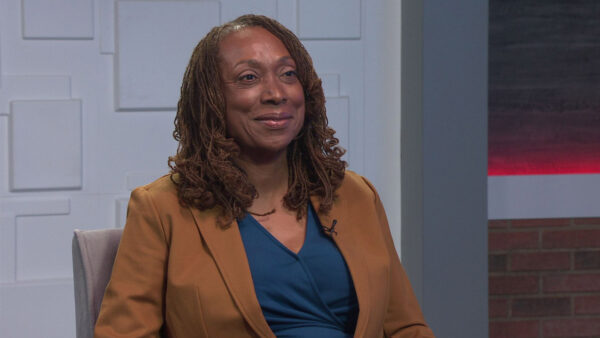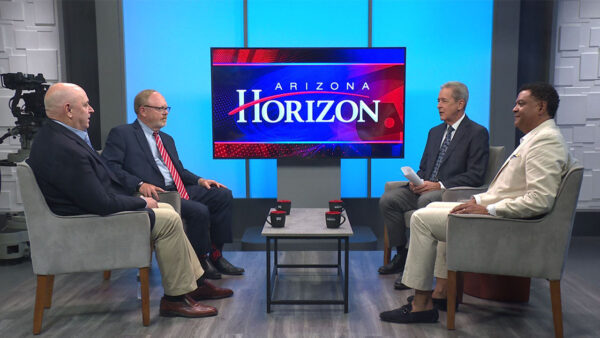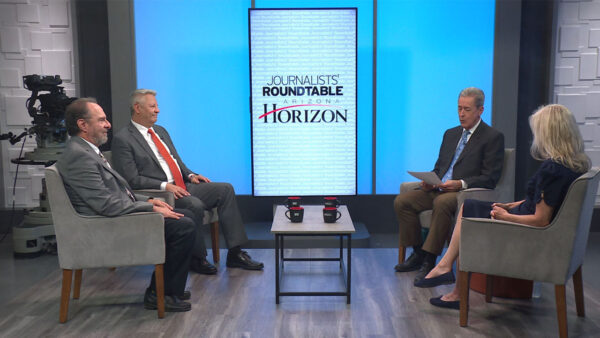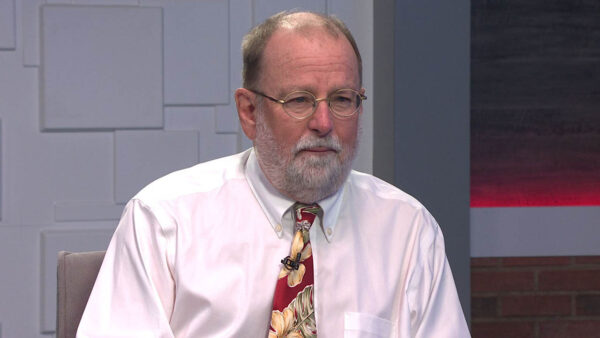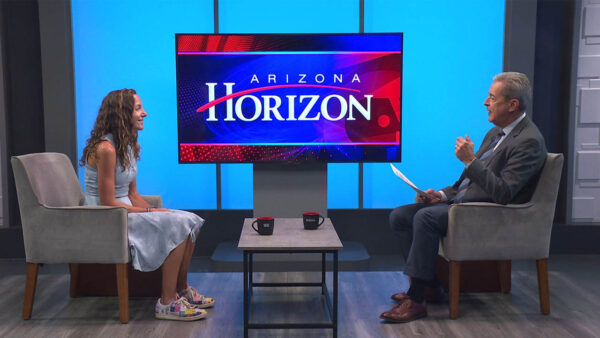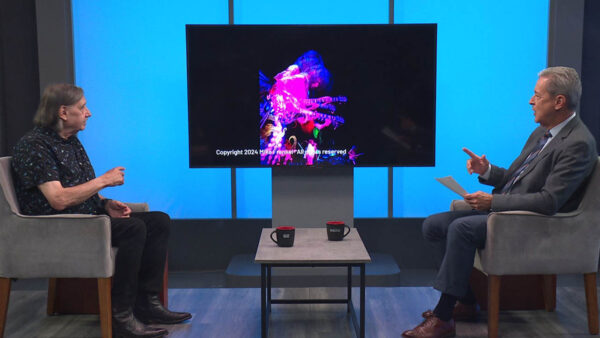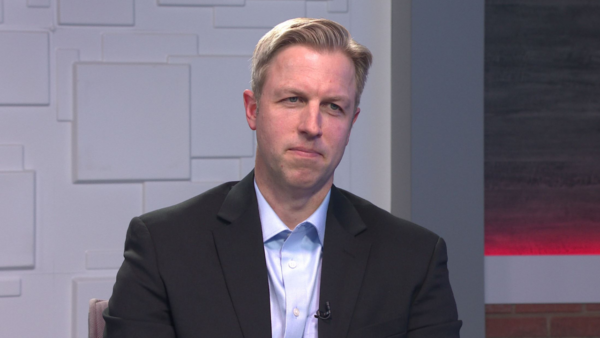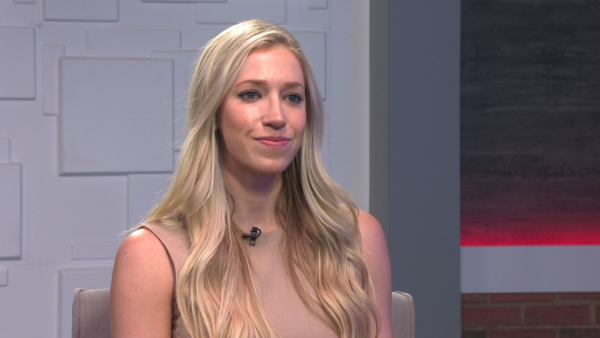Earlier this month, the UN Intergovernmental Panel on Climate Change issued a warning on climate change that found that emissions of greenhouse gases are the highest in history, driven largely by economic and population growth. The report also found that the atmosphere and ocean have warmed and sea levels have risen. Professor James Anderson of Arizona State University’s Global Institute on Sustainability will talk about the report.
Ted Simons: Tonight we look at the sustainability issues focus on a new climate change report that warns of higher than evergreen house gases and how the gases are currently impacting everyone on Earth. James Anderson of ASU's global institute of sustainability was one of seven scientists chosen to talk about the report. Jim, good to have you here. Thanks for joining us.
James Anderson: Thanks for having me.
Ted Simons: The U.N. intergovernmental panel, what is all that?
James Anderson: So, it's a, a combination of the world meteorological organization and the united nations, and the reports were written by over 800 scientists across the world. This new report is the synthesis of three larger reports that appear in the past year. So, it's an attempt to summarize and combine three different aspects of the climate change.
Ted Simons: And what does the report say?
James Anderson: So, the report says, as you mentioned at the beginning, that greenhouse gases are increasing, and their impacts and risks are increasing. There is clear observations of that. Some of the, perhaps, surprising elements to maybe the general population is that most of the impacts are in terms of the severe weather. The rising sea level, with the gradual rising sea level, and the warming of the surface waters of the ocean, so, and then in terms of the moderate temperature rise in the atmosphere, things like rising snow lines and the impact on the snow pact.
Ted Simons: And the report said this is because of the higher greenhouse gases. The critics will say it's cyclical, mother nature doing its thing, happens time and again over the eons.
James Anderson: So we have records of the atmosphere sic composition that go back 800,000 years. Greenland and Antarctic, and the rise in the past -- a little over 100 years is unprecedented in that 800,000 year period. So, and there are tools that we use, which tell us that, that the added carbon is coming from fossil fuel combustion. So, the science is well established. We have gone long past the controversy stage in the scientific community.
Ted Simons: But not in the general public? It is still very controversial, so how do you approach that?
James Anderson: Well, that's one of the reasons that I'm here. We need to translate from these technical documents and these ICCP reports, they are very technical and hard for an intelligent lay person to get into. If somebody wants to read it, I suggest that they start with the summary for policy-makers, the synthesis report, which is available at the IPCC website. No. If you search for IPCC, it will show up.
Ted Simons: All right. And does the report give plans to attack this, a viable alternative?
James Anderson: It talks about scenarios. It talks about two things. First of all, one of the key findings is that we're so far along that mitigation alone, the reduction of the greenhouse gases is not viable by itself. We have to do that, but we also need to be seriously thinking about adaptation at this point. There are a lot of changes going on. Some of those changes, like the Arctic sea ice, are going to be very difficult to reverse if the Greenland ice cap starts to melt. It is melting, reducing by melting a bit now, but if that accelerates, we have big problems.
Ted Simons: We have big problems, and we have 30 seconds left here. What do we take from the report? Some will say that we have big problems, we are human beings and we will handle them when they come splashing ashore.
James Anderson: You can pay me now or you can pay me later. That's the fundamental message. The longer we wait, the Moritz going to cost, and the, you know, the more problems that we'll have.
Ted Simons: Are more people paying attention to this, do you think?
James Anderson: I hope so. And that's why we have this climate voices program that I am part of. Clientvoices.org, there is a network of speakers that people can, can, and contact and, and speak in public, to the public groups.
Ted Simons: All right. Jim, it's good to have you here and thank you very much for joining us. We appreciate it.
James Anderson: Thank you for having me.
Ted Simons: And Thursday on Arizona Horizon, the latest Town Hall looks at the state's job recovery numbers, and we'll hear from the author of a new book that combines hiking with dining. That's Thursday evening 5:30 and 10:00 on the next Arizona Horizon. That is it for now. I'm Ted Simons, thank you very much for joining us. You have a great evening.
James Anderson:Professor, Global Institute on Sustainability at Arizona State University;
